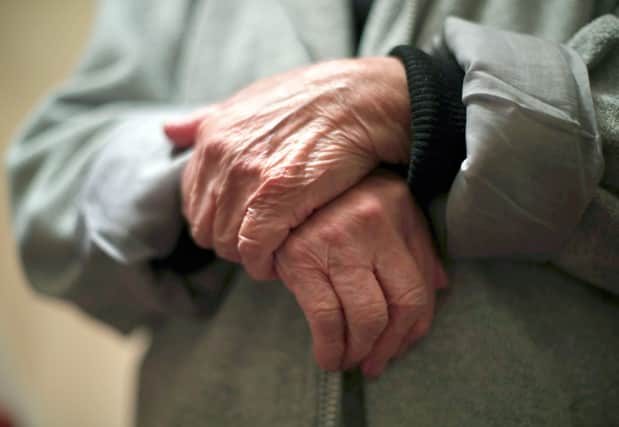Loneliness strategy ‘needed for elderly and those in rural areas’


Independent MLA Claire Sugden, who held the Justice Ministry from 2016 to 2017, made the call after a report produced by the end-of-life charity Marie Curie and researchers from Queen’s University, Belfast found an increase in loneliness during the pandemic.
The report sets out a series of recommendations for policy makers to tackle the problem, including ‘a bespoke Northern Ireland loneliness strategy’, and a public awareness campaign.
Advertisement
Hide AdAdvertisement
Hide Ad“Loneliness – in particular among older people and people in rural areas – is, sadly, not a new phenomenon,” said Ms Sugden, who is treasurer of Stormont’s all-party group for ageing and older people.
“Over the past two years, however, the pandemic has exacerbated the isolation and lack of contact experienced by many.”
She continued: “Older people are more likely to have health conditions that increase the risk posed by coronavirus, meaning many have further limited the extent to which they leave the house or invite guests round to visit.
“Poorly funded rural transport also means that those who can’t drive are particularly isolated. Community transport schemes do great work in rural communities, but they need increased support, alongside expanded and improved public transport services.
Advertisement
Hide AdAdvertisement
Hide Ad“It is well understood that loneliness can significantly impact on a person’s mental health. But it can also affect a person’s physical health.
“We have an active community sector that is involved in reaching out to those in isolation, but as well as the pandemic having affected many of these services, some people simply aren’t connected with them.”